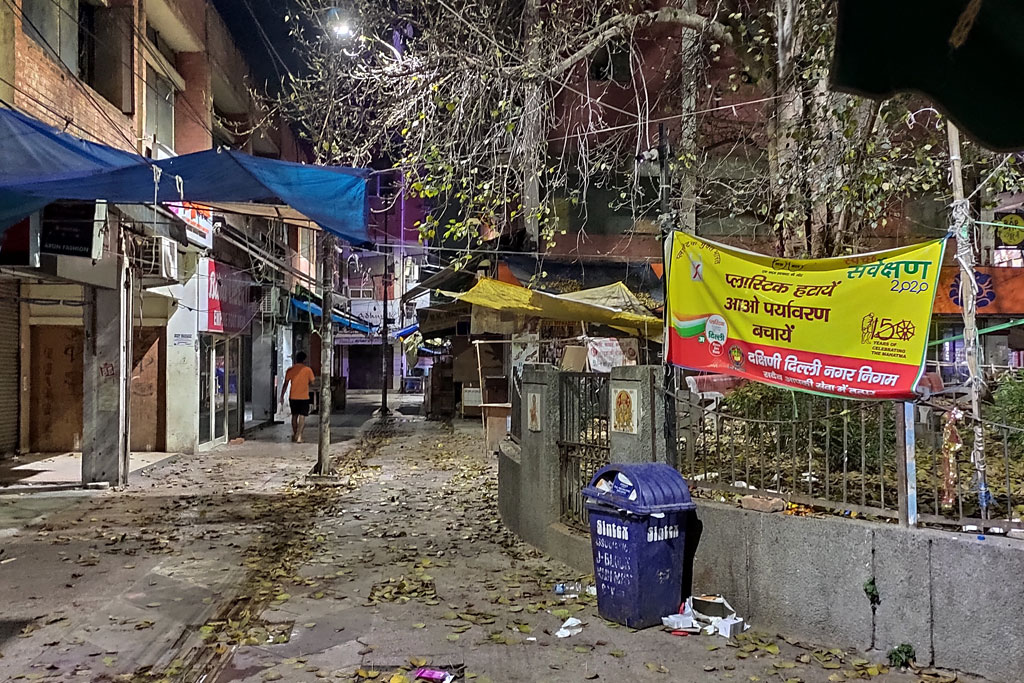
The 21 day extended lockdown has reached its halfway mark and left in its trail unprecedented humanitarian and health crisis. Its justification by the State as a necessary epidemiologic intervention to prevent COVID transmission, followed suspension of several fundamental rights of the people – including their right to life, health and healthcare, movement, livelihoods, food, their right to be free from discrimination, stigma, and violence and even their right to privacy. That a lockdown is temporary, inefficient and an incomplete solution and must not be touted as a central response to the pandemic has been reiterated by global experts including the World Health Organisation.
The lockdown in India was announced without any thought or preparedness for measures necessary for the survival and dignity of the people, especially the most vulnerable – poor, daily wage workers, sex workers, migrants, homeless people, persons in institution, prisoner, persons with disabilities and mental health issues, girls and women, trans persons, etc. The determination to ensure the lockdown, has instead, been done through the use of brute force and violence by state authorities, law enforcement officials.
The lockdown has impacted various dimensions of everyday life, led to escalation of poverty, hunger, fear, gender violence and other inequities. It has created a new form of captivity that is witnessing far reaching implications for social, economic and psychosocial well- being of the people.
In the context of a pandemic, instead of a State being absolved from its duty of respecting and fulfilling the rights of its people, its accountability as duty bearer must be upheld and the human and health rights of the people should be consolidated and uncompromising.
The resources developed JSA & AIPSN below delve deeper into these issues and concerns. We invite you to read and disseminate them widely as we collectively challenge and resist the pandemic as well as the inadequate response by the State.
- Statement on the Economic Package announced by the Finance Minister with respect to COVID19 pandemic and the lockdown
- Statement Against Closing Essential Health Services During Lockdown
- Government Responsibilities During Lockdown
- Letter by Right to Food Campaign to the Prime Minister demanding urgent steps for mitigation of impact of COVID-19 on the poor and vulnerable



